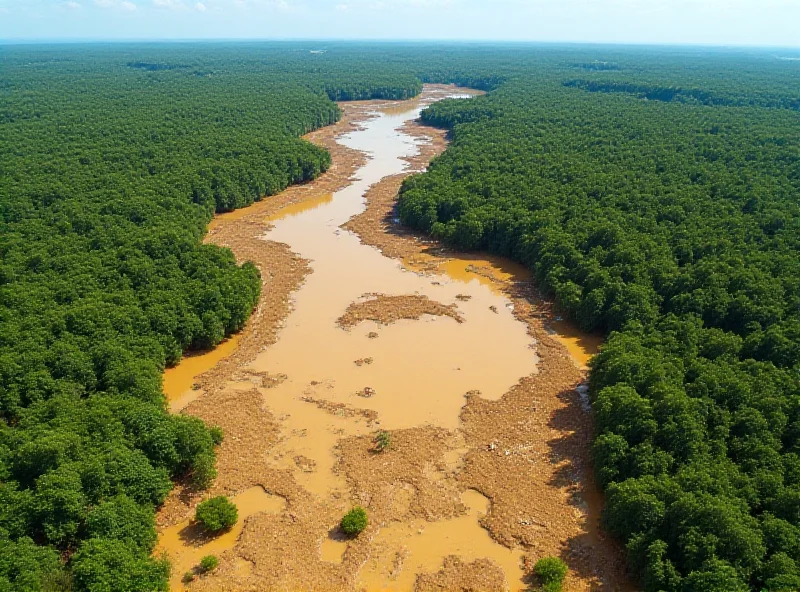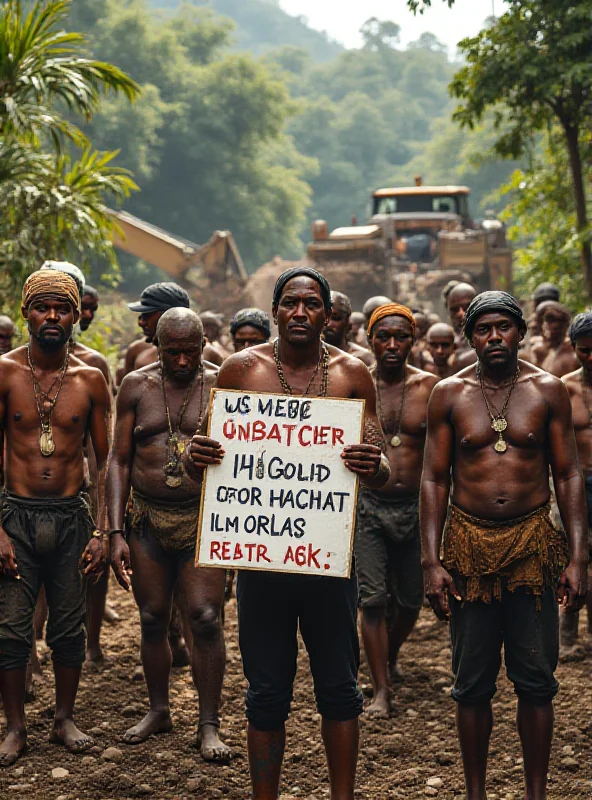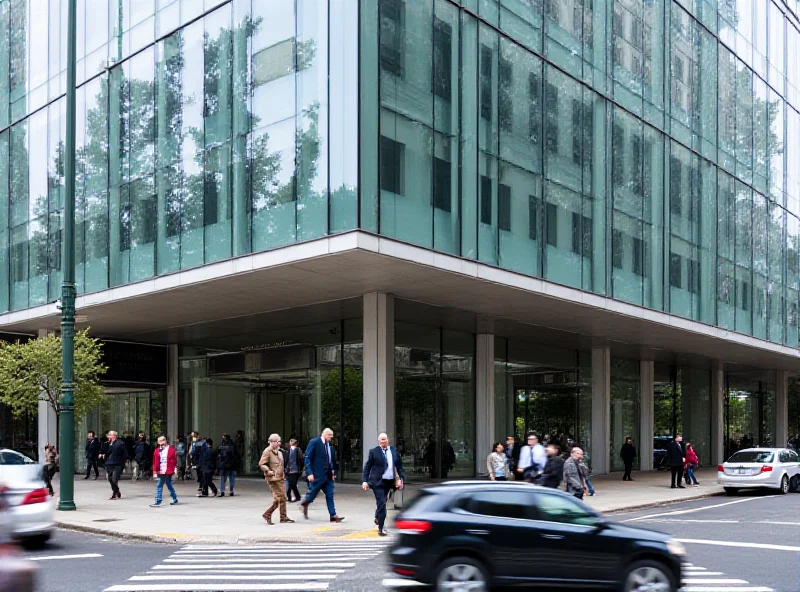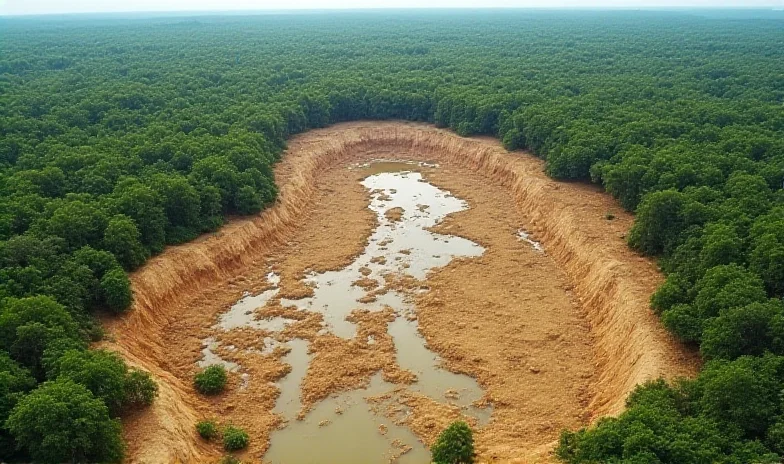The Venezuelan Amazon is under siege. Illegal mining operations are rapidly expanding, leaving a trail of environmental destruction and forcing communities to migrate to intermediate cities. The situation demands urgent action from local, national, and international stakeholders to safeguard this invaluable ecosystem.

The Environmental Catastrophe
The consequences of illegal mining are devastating. Deforestation, water contamination, and habitat loss are rampant. The use of mercury in gold extraction poisons rivers and endangers both wildlife and human populations. This ecological damage threatens the long-term sustainability of the Amazon rainforest, a vital carbon sink and biodiversity hotspot. The rampant destruction leaves scars on the landscape and disrupts the delicate balance of the ecosystem.
The relentless pursuit of precious metals is not only destroying the environment but also displacing communities. Forced migration towards intermediate cities is becoming increasingly common as people flee the violence and environmental degradation caused by mining operations. These cities are often ill-equipped to handle the influx of refugees, leading to social and economic challenges.
A Call for Cooperation
Addressing this crisis requires a coordinated effort.
"Cooperation among local, national, and international actors is key to stopping the advance of these practices and ensuring that this region remains a refuge of biodiversity and culture for future generations,"experts say. Local communities must be empowered to protect their ancestral lands, while national governments need to enforce stricter regulations and combat corruption. International organizations can provide technical and financial assistance to support these efforts.

Bezos Shifts Washington Post
In other news, Jeff Bezos, owner of the Washington Post, has announced a shift in the newspaper's editorial stance. According to reports, the opinion pages will now consistently support personal liberties and free markets. This announcement follows the departure of the Washington Post's opinion editor. Bezos stated in an email to staff, “I’m writing to let you know about a change coming to our opinion pages. We are going to be writing every day in support and defense of two pillars: personal liberties and free markets.”
This move suggests a potential shift towards a more conservative viewpoint in the newspaper's editorial content. The implications of this change remain to be seen, but it has already sparked debate about the role of media ownership and political influence.

The Venezuelan Amazon faces a daunting challenge, and the Washington Post faces an editorial shift. Only through concerted action and responsible journalism can we hope to protect both vulnerable ecosystems and the integrity of information.
